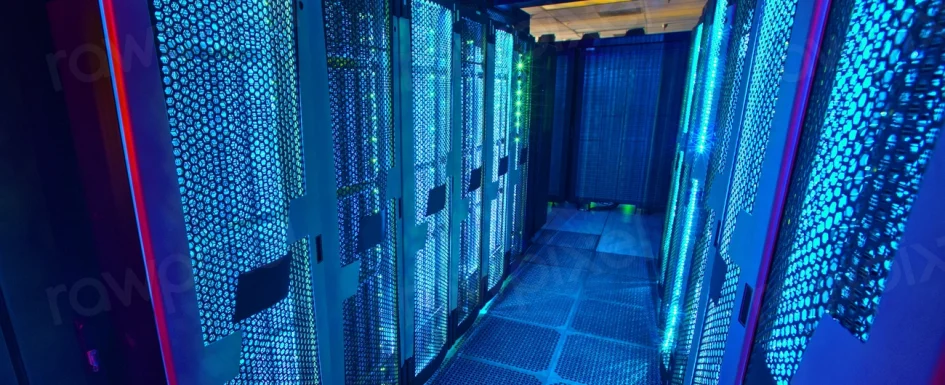
24 June – 05 July 2024
Bologna – Area di ricerca CNR
–
Overview
In Astrophysics and Cosmology (A&C) numerical algorithms based on High-Performance Computing (HPC) are essential for modelling complex dynamic systems, interpreting observations, and making theoretical predictions. Contrasting the results from numerical codes with the torrent of complex observational data that the new generations of ground- and space-based observatories will produce will be a fundamental channel to provide new insights into astronomical phenomena, the formation and evolution of the universe and the fundamental laws of physics.
The outstanding quality and volume of observational data generated by the current and next generation of instruments (LOFAR, MeerKAT, MWA, EUCLID, SKA etc.) poses exceptional challenges to their analys and theoretical interpretation and it will require novel theoretical and numerical laboratories (codes, algorithms and tools) able to investigate the physical processes behind the observed phenomena with unprecedented quality, resolution, and reliability, allowing their interpretation and paving the way for scientific discovery.
The proper use of computing and supercomputing resources is then becoming crucial in astronomy and astrophysiscs.
Objectives
The primary objective of this course is to offer young researchers in Astronomy and Astrophysics an opportuinity for acquiring programming and optimization skills tailored for parallel computers (but also laptops and modern CPUs). Our mission is to empower participants to evolve into experts proficient in leveraging computing resources for numerical models and data analysis within the realm of Astronomy and Astrophysics exploration. Throughout the program, we aim to establish a robust foundation by focusing on essential:
- Code optimization on modern CPUs
- Distributed-memory parallelism
- Shared-memory parallelism
- Usage of computing facilities
The first week of the course is dedicated to introduction to Computing and HPC. Including tools, basic optimization techniques, multi-threading with OpenMP.
The second week is dedicated to more advanced topics ad the use of GPUs and MPI parallel programming.
It is possible to follow the whole course or just one week (first/second). The second week requires deep knowledge of the argument discussed during the first one
Course Information
Course details at https://indico.ict.inaf.it/event/2785/